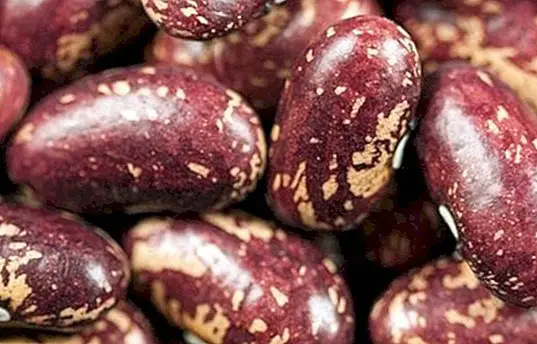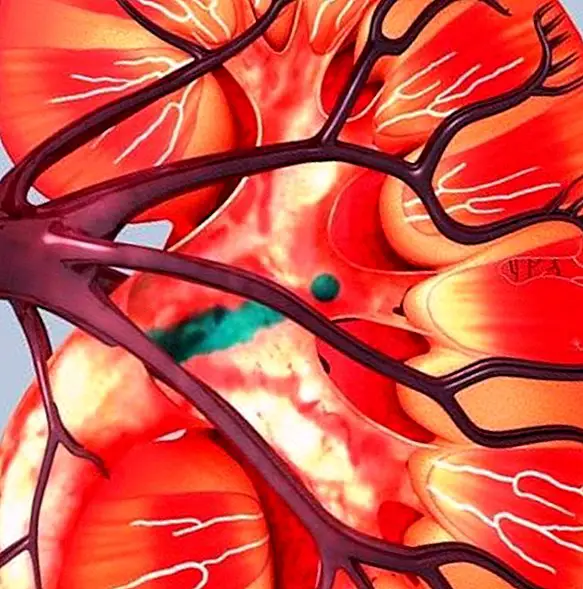Molybdenum
It is quite probable that you do not know him; even that you do not know that, in fact, it is an essential nutrient very important for our body, but much less known than other minerals such as calcium or iron.
It is known by the name of molybdenum, and it is characterized by being a trace mineral, which means that in reality it is a micromineral, so it is an essential but necessary nutrient in smaller proportions.

Functions of molybdenum
- It helps that xanthine oxidase (the enzyme responsible for iron metabolism) function correctly.
- It intervenes in a correct sexual function in man.
- Necessary for the production of uric acid, which we find in the blood and urine.
- Participates in enzymatic systems related to the metabolism of alcohol, drugs and toxins.
- Participates in the metabolism of uric acid and sulfur.
Benefits of molybdenum
In addition to the functions of molybdenum indicated above, it is a micromineral that helps to detoxify the excess of copper in the organism, helping its elimination.
On the other hand, it is also fundamental for the correct metabolism of iron, and for the correct sexual functioning of man.
Recommended daily amounts of molybdenum
Recommended daily amounts of molybdenum have not been described. However, a safety intake between 50 ug and 400 ug of molybdenum per day has been indicated.
Deficiency symptoms of molybdenum deficiency
Men with molybdenum deficiency may experience problems in their sexual functioning.
However, no deficiencies of this micromineral have been observed, mainly because our body only needs it in small quantities.
Food richer in molybdenum
Here are the main sources of molybdenum:
Food | Molybdenum content(100 gr.) |
Beans (canned) | 350 ug |
Wheat germ | 200 ug |
Liver | 200 ug |
Lentils | 120 ug |
Sunflower seeds | 103 ug |
Kidneys | 75 ug |
Green beans | 66 ug |
Pasta | 51 ug |
Eggs | 50 ug |
Rice | 47 ug |
Chicken | 40 ug |
Wholemeal bread | 25 ug |
Potatoes | 25 ug |
Seafood | 20 ug |
Apricots | 14 ug |
Who may need molybdenum supplements
- People with high levels of copper in their blood.
- Molybdenum deficiency.
Image | Ervins Strauhmanis This article is published for informational purposes only. You can not and should not replace the consultation with a Nutritionist. We advise you to consult your trusted Nutritionist.


